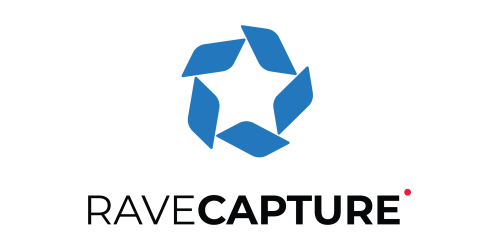ACME solves the traditional challenges of manual SSL Certificate management by providing a standardized way for servers to automatically obtain, verify, and renew SSL/TLS Certificates.
This automation is crucial in today's internet landscape where secure connections are mandatory for most websites.
Technical Operation
The ACME protocol operates through several key steps. First, the server creates an account with Trustico® using a public-private key pair for identification. Next comes domain validation, where Trustico® issues one or more challenges to verify domain ownership.
These challenges can involve placing a specific file on your web server, adding specific TXT records to your domain, or proving control over the web server through TLS-ALPN validation.
Once validation is complete, Trustico® issues the SSL Certificate automatically. The renewal process happens before SSL Certificates expire, with the ACME client or software automatically initiating renewal to ensure continuous website security.
Business Benefits
The protocol offers significant advantages for organizations. By eliminating manual SSL Certificate management tasks, it substantially reduces the risk of expired SSL Certificates while cutting down on human error in SSL Certificate deployment.
Organizations save considerable time and resources in IT management, while ensuring consistent security standards across their infrastructure. The automated nature of ACME also leads to reduced costs associated with SSL Certificate management, as it minimizes the need for dedicated personnel to handle SSL Certificate related tasks.
Implementation
ACME can be implemented through various clients, software and tools in different ways. Certbot stands as the most popular ACME client, while many web servers like Apache and Nginx now offer built-in support for the protocol.
Control panels such as cPanel and Plesk have integrated ACME functionality, and many organizations develop custom implementations tailored to their specific hosting environments and needs.
Industry Impact
ACME has revolutionized SSL Certificate management across the internet landscape. It has made HTTPS adoption significantly easier for small websites while enabling large-scale SSL Certificate deployment for enterprises.
The protocol supports the internet's move toward universal encryption and has created a standardized approach to SSL Certificate automation that benefits organizations of all sizes.
Security Considerations
While ACME automates SSL Certificate management, organizations must maintain certain security practices. This includes regular monitoring of SSL Certificate deployments, maintaining secure key storage systems, keeping ACME clients updated with the latest security patches, establishing backup plans for SSL Certificate management, and conducting regular audits of SSL Certificate implementations.
Future Development
The protocol continues to evolve in several important ways. Development focuses on enhanced validation methods and improved security features, while adoption continues to expand across different platforms. The protocol is being integrated with emerging technologies and adding support for new SSL Certificate types as the industry advances.
Best Practices
For optimal ACME implementation, organizations should focus on several key areas. Using reliable ACME clients forms the foundation, supported by proper monitoring systems and accurate DNS record maintenance.
Organizations should keep their contact information current, maintain thorough documentation of SSL Certificate management procedures, and regularly test their renewal processes to ensure smooth operation.
Common Use Cases
ACME proves particularly valuable across numerous scenarios in modern web infrastructure. Web hosting providers managing multiple domains rely heavily on the protocol, as do e-commerce platforms requiring constant security measures.
Content delivery networks, enterprise environments with numerous SSL Certificates, DevOps automation pipelines, and cloud service providers all benefit significantly from ACME's automated SSL Certificate management capabilities.
Challenges and Solutions
Organizations implementing ACME may encounter several challenges, but solutions exist for each. Initial setup complexity can be overcome through clear documentation and proper planning.
DNS configuration issues are addressed through careful system architecture and configuration. Rate limiting concerns are managed through proper client configuration, while network security considerations are handled by implementing appropriate firewall rules.
Integration with Existing Systems
ACME seamlessly integrates with various existing systems and infrastructure. Web servers and load balancers can utilize the protocol effectively, as can container orchestration platforms and cloud services.
Content management systems often incorporate ACME functionality, and custom applications can be developed to leverage the protocol's capabilities for specialized needs.






